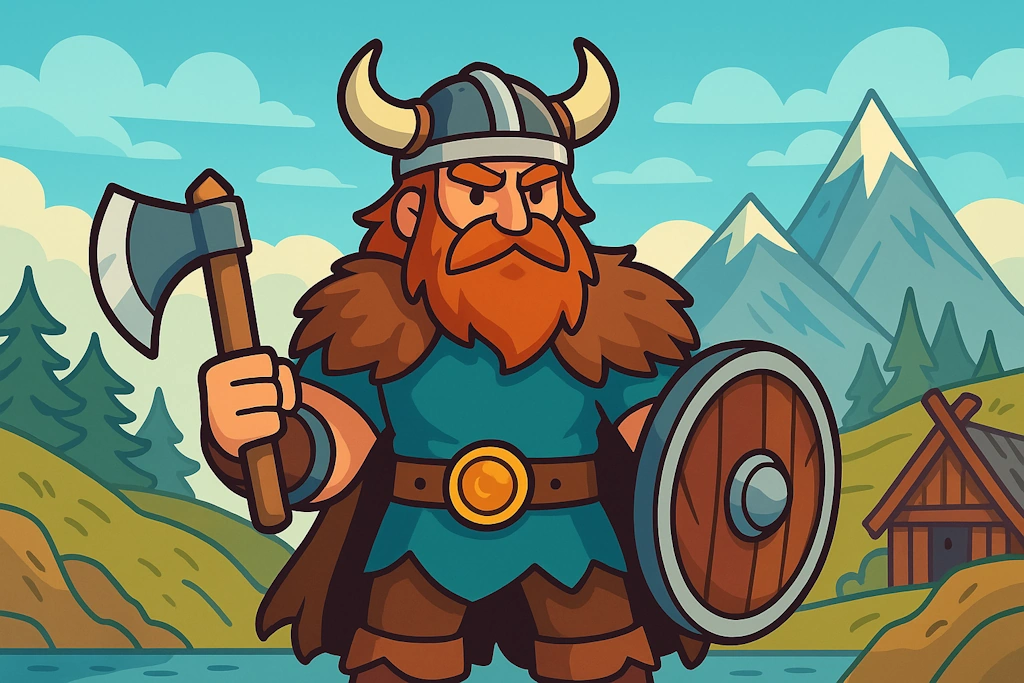♀️Viking Names(Female)
Generate fierce names for Norse raiders and seafaring warriors of the North.
Choose your style:

Viking Names
Generate fierce names for Norse raiders and seafaring warriors of the North.
Example Viking Names
Get inspired by these sample results
- Sigrid Thorvaldsdottir
- Hervor Bloodgold
- Ragnhild Ironshield
- Ingibjorg Stormwolf
- Gudrun Geirsdottir
- Thora Ketilsdottir
- Hrafnhild Oathbreaker
- Svanhild Wolfbattle
- Freydis Silverbeard
- Astrid Frostspear


